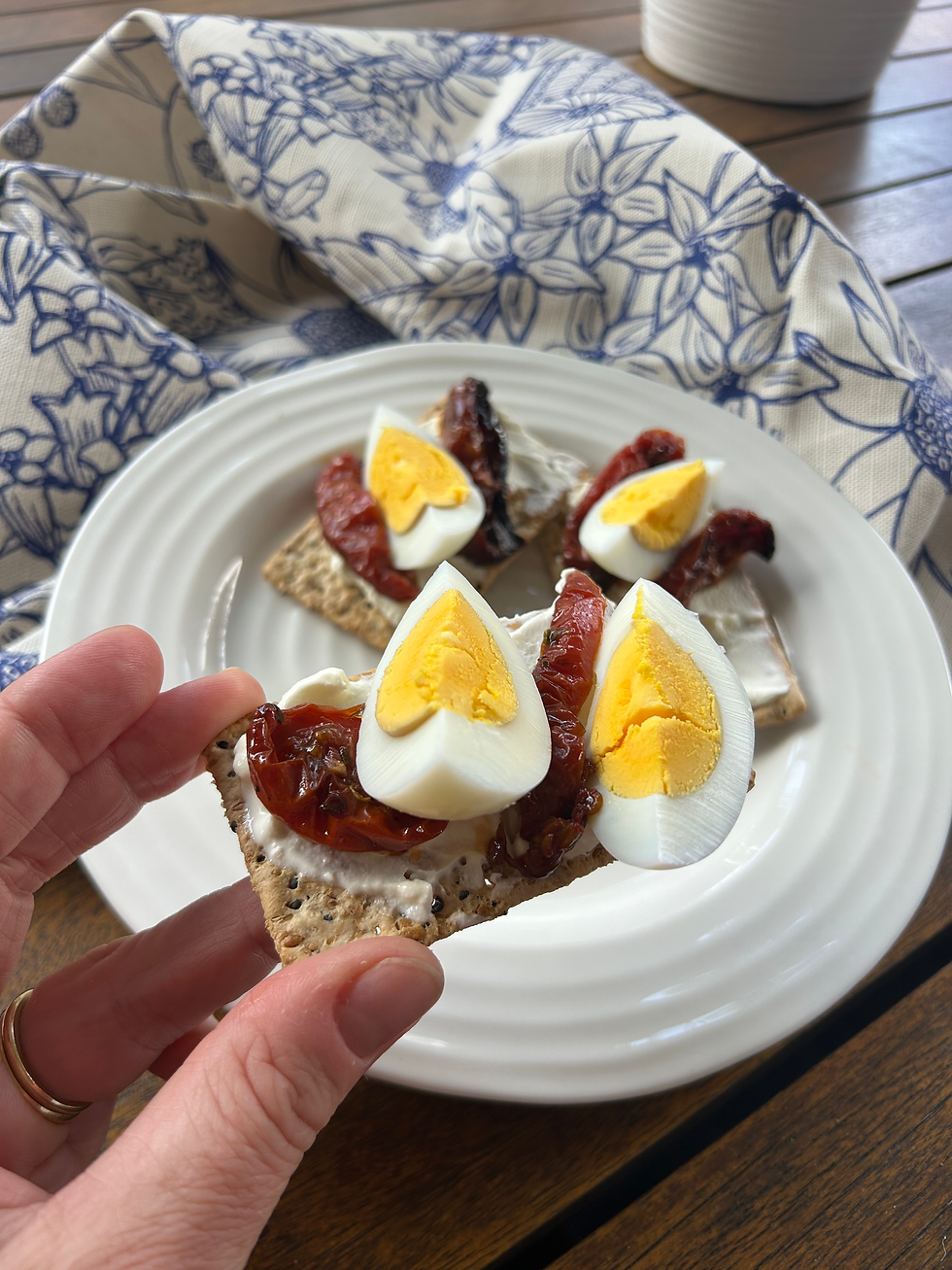Why diets don’t work?
- Seed Nutrition
- Aug 25, 2018
- 2 min read
Updated: Aug 31, 2018
Much attention is given to the next diet promising to deliver on weight loss… And there are many to choose from …Low Carb, 5:2, Low Fat, Paleo – so how do you choose?
The evidence suggests that any diet that incorporates a calorie deficit will cause weight loss for most people. But, for the vast majority (and we are talking up to 95 %) the weight is regained within the first 2 years. Unfortunately for many, the weight gain exceeds that which was lost and they become heavier than when they first started dieting.
When diets fail, we can blame ourselves for not being disciplined or determined enough, and yet, it was the diet that was wrong in the first place. The body’s basic biology is designed to prevent weight loss.
There are a few reasons for this:
Dietary restriction or the feelings of deprivation have been shown to lead to reactive eating. This can manifest as a preoccupation with the idea of food, cravings, overeating or episodes of binge eating all contributing to eating more calories than our bodies actually require.
The body perceives a calorie deficit as a primal threat to survival… akin to the idea of some sort of humanitarian crisis. This means that our bodies go into a state of ‘stress’ during periods of weight loss. Appetite increases, stress hormones are released, and our metabolic rate and energy expenditure slow down all in an attempt to conserve resources. Even after weight loss occurs, our physiology means that our bodies are hard-wired to re-gain the weight lost.
Diets that are overly restrictive impact on our quality of life. Eating according to an external set of rules robs the joy of eating. They can be isolating and overshadow our experience in social settings making long- term adherence unlikely.
So, should you thrown caution to the wind and eat what you want, when you want it? No –you can find sustainable habits that are not built on restriction but rather respond to your body’s internal cues for eating. This means paying attention to your appetite and shifting to the focus on health behaviours, not the number on the scales.
To find out more about intuitive eating could work for you, make an appointment with a Non-Diet Dietitian today.
Reference:
National Health and Medical Research Council (2013) Clinical practice guidelines for the management of overweight and obesity in adults, adolescents and children in Australia. Melbourne: National Health and Medical Research Council.




Comments